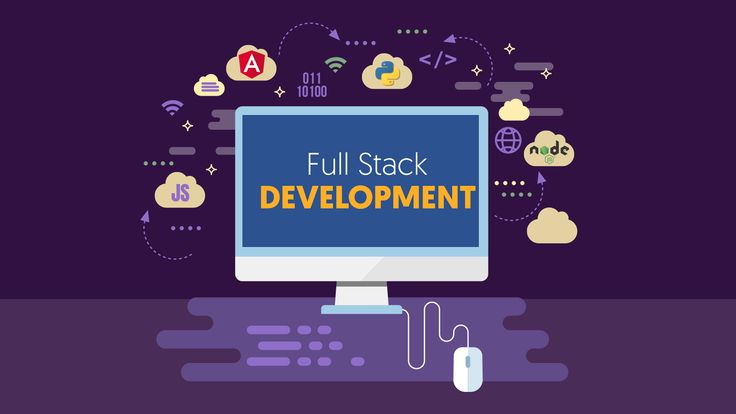- Home
-
About us
At IITL technologies, we're not just another software development firm. We're a team of visionary tech enthusiasts and problem solvers dedicated to transforming ideas into cutting-edge solutions. Our passion for innovation,combined with years of industry experience, drives us to deliver exceptional software products tailored to meet your unique needs.
Read more -
Courses
SOFTWARE DEVELOPMENT
Software development is the art of turning ideas into functional code, crafting solutions that seamlessly navigate the digital landscape to enhance and simplify the human experience.
DEVOPSDevOps is a set of practices that combines software development (Dev) and IT operations (Ops). DevOps emphasizes automation, collaboration, and integration between developers and operations teams.
MOBILE APP DEVELOPMENTMobile app development is the process of creating software applications that run on mobile devices. It involves designing, building, testing, and deploying applications for iOS and Android platforms.
- Registration
- Reviews
- Contact us








